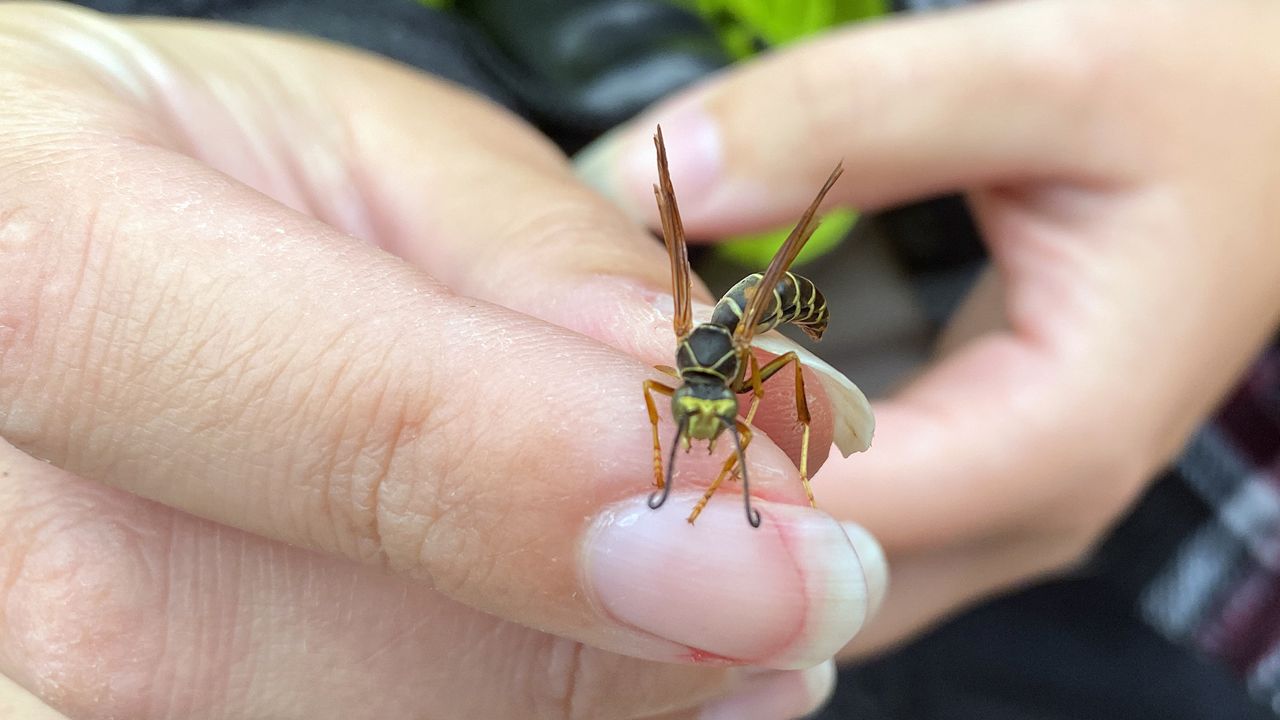The Democratic-led state Assembly on Tuesday advanced a measure that would restrict the use of neonicotinoid pesticides in New York in order to encourage pollinators like bees considered key to ecology.
But the measure was approved over the objections of the New York Farm Bureau, which argued the limit on usage of the pesticides would have a negative impact on food producers' ability to conduct business.
The bill was part of a larger series of measures approved in Albany in recognition of Earth Day. In the state Senate, lawmakers there approved a package of environmental advocacy measures that included provisions to address lead pipes, electric vehicle charging stations in garages, stream protection and food recycling.
"To continue serving as responsible stewards of our environment we must look for new ways to approach hard-to-solve problems in order to effectively safeguard our natural resources," said Senate Environmental Conservation Chairman Peter Harckham. "The Streams Protection bill commits us to ensuring the quality of our drinking water and still permits residents to enjoy non-contact activities on certain waterways."
In the Assembly, lawmakers gave approval to what's been dubbed the "Birds and Bees Protection Act" in an effort to encourage pollinators. The measure would restrict the use of neonicotinoid pesticides on certain seeds, outdoor ornamentals and turf.
The Department of Environmental Conservation would also be required to find alternatives to the use of the pesticides alongside the Department of Agriculture and Markets and SUNY ESF.
“Research has shown that the risks associated with neonicotinoid pesticide use are far greater than any reward,” said Assemblymember Deborah Glick, the chair of the chamber's Environmental Conservation Committee. “We know how critically important pollinators are to our planet, which is why today’s legislation is so significant. This legislation marks another victory for our environment and all New Yorkers.”
The New York Farm Bureau, however, opposed the measure. The organization wrote in a memorandum of opposition to lawmakers that the bill would "set a dangerous precedent" by usurping agency authority in reviewing pesticides.
"If enacted, this bill would drive farmers to actually use more pesticides by virtue of banning seed treatments that contain extremely small amounts of needed pesticide products," the group wrote in the memo. "Instead of farmers using prohibited seed treatments, they would be forced to perform larger scale foliar applications of pesticides to control pests and create additional environmental impacts by using diesel fuel to power tractors to do so."


